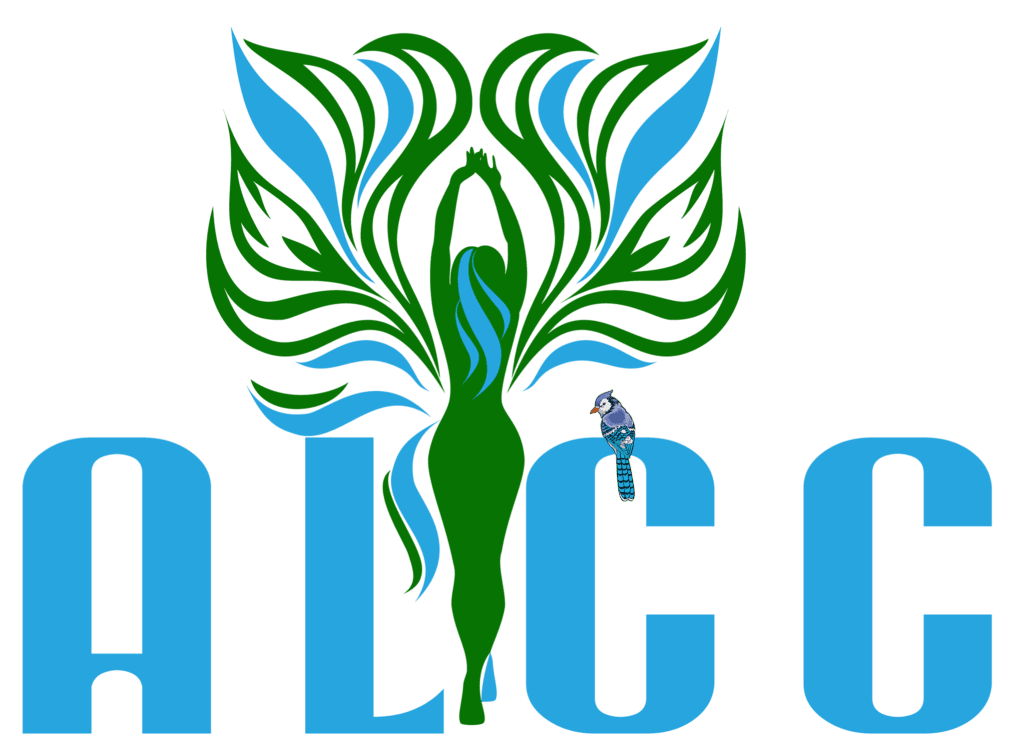Exploring the Physical Types of Desire in Women

Desire is a powerful and multifaceted aspect of human connection, and for women, it often extends beyond mere physical attraction. Understanding the different types of physical desire in women can foster deeper connections, stronger relationships, and mutual fulfillment. Here, we delve into the various physical types of desire commonly experienced by women and what influences them.
1. Sensual Desire: The Craving for Touch
Sensual desire centers on the longing for touch, closeness, and physical sensations. It’s not solely about sexual intimacy but encompasses the simple pleasures of human connection, such as a gentle hug, a relaxing massage, or the warmth of holding hands. For many women, sensual touch nurtures emotional closeness, creating a foundation for deeper intimacy.
2. Sexual Desire: Passion and Attraction
Sexual desire is the urge for sexual activity, driven by attraction and often influenced by hormonal fluctuations.
Women may experience sexual desire spontaneously or in response to specific stimuli, such as a romantic gesture or a sensual environment. This type of desire can vary widely based on factors like mood, stress levels, and overall well-being.
3. Emotional Connection-Driven Desire
For many women, physical desire is deeply intertwined with emotional connection. Feeling emotionally secure and valued can amplify physical longing, making intimacy a way to express love and affection. Emotional safety and trust play crucial roles in fostering this type of desire.
4. Adventure or Novelty Desire
New experiences and environments can awaken a sense of adventure in women, sparking physical desire. Novelty, such as exploring a new activity or traveling to an exciting destination, can stimulate both the mind and body, creating a sense of exhilaration that translates into physical attraction.
5. Biological Desire: Hormones at Play
Hormonal changes throughout a woman’s life can significantly influence desire. During ovulation, for instance, many women experience heightened sexual desire due to natural reproductive instincts. Similarly, other life stages, such as pregnancy or menopause, may impact the intensity and nature of this type of desire.
6. Affectionate Desire: A Need for Closeness Affectionate desire is about seeking non-sexual physical closeness, such as cuddling, hugging, or resting one’s head on a partner’s shoulder. These tender gestures of affection create feelings of security and love, reinforcing emotional bonds.
7. Stress-Relief Desire: Finding Calm in Closeness In times of stress or anxiety, physical intimacy can be a powerful way to find solace. The release of endorphins during physical contact—whether through a comforting embrace or sexual intimacy—can bring relaxation and improve emotional well-being, making this a unique type of desire.
8. Playful or Fun Desire Playful desire often arises from shared laughter, teasing, or lighthearted moments. Physical interactions, such as playful tickles or spontaneous kisses, can bring couples closer while creating a sense of joy and carefree connection.
9. Confidence or Validation-Based Desire Desire can also stem from feeling attractive and admired. Compliments, flirtation, and affectionate attention from a partner can boost confidence and make women feel desired, enhancing their physical longing for intimacy.
10. Touch Hunger or Skin Hunger Touch hunger, also known as skin hunger, is the need for physical touch, particularly during periods of isolation or stress. This type of desire highlights the importance of human connection and the healing power of touch, whether through a warm embrace or a simple hand on the shoulder.
Final Thoughts Desire is a dynamic and evolving aspect of relationships, influenced by life’s rhythms and individual experiences. Whether it’s a longing for closeness, an adventurous spark, or the comfort of a loving embrace, the physical types of desire in women showcase the beauty of human connection in all its forms.
Start Your Journey to Growth
We’re here to support you. Reach out to schedule a session or ask any questions. Let’s work together toward building stronger, healthier relationships.

